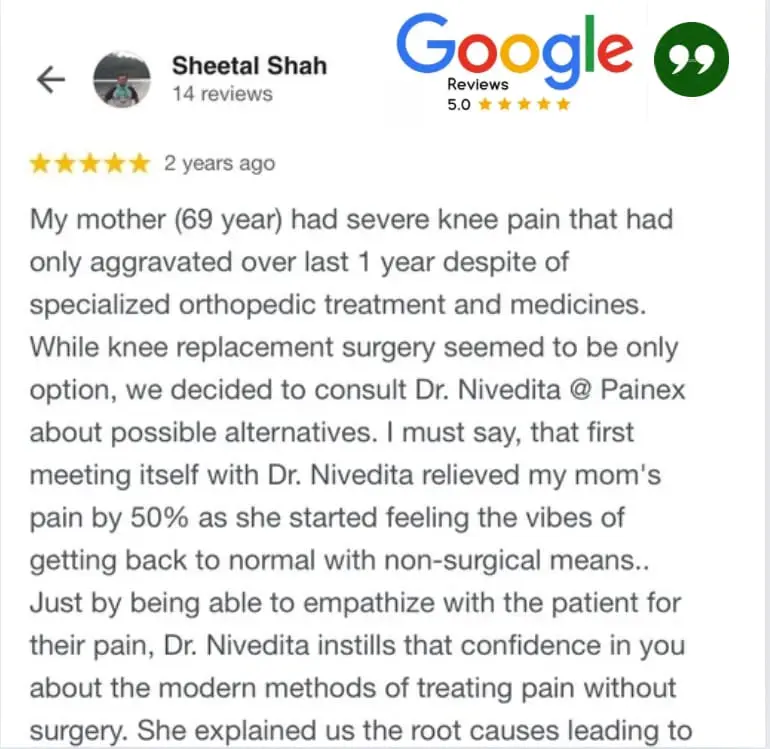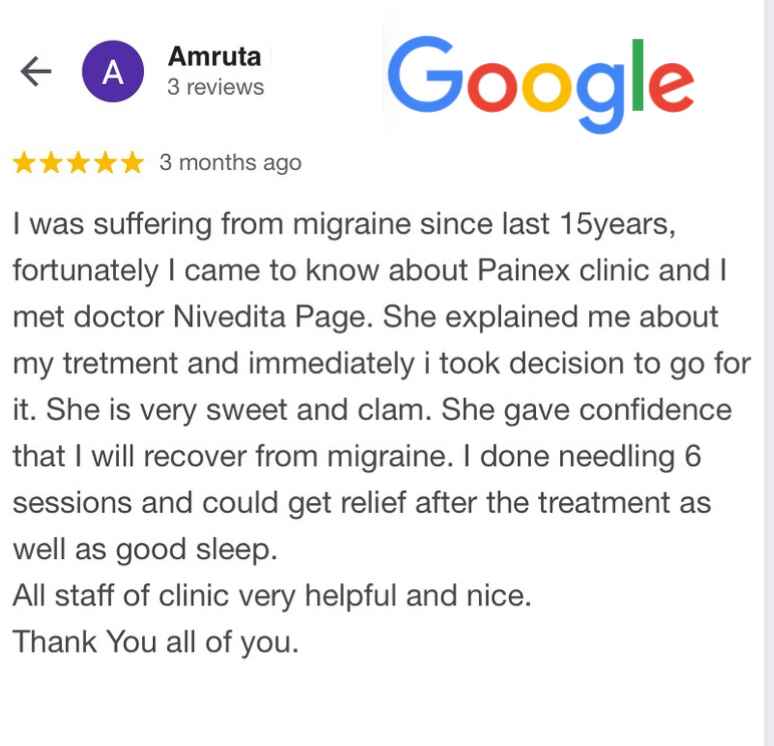
- 08390442266
- 09067753355
- Deccan | Shaniwar Peth | Camp | Kharadi | Nigdi (PCMC) | Hadapsar
- Home
- About Us
- Conditions
- Back Pain Treatment In Pune
- Spine Specialists in Pune
- Slipped Disc Treatment in Pune
- Migraine & Its Treatments
- Heel Pain Treatment in Pune
- Trigeminal Neuralgia Treatment in Pune
- Nerve Pain & Its Treatment
- Sciatica Treatment In Pune
- Knee Pain Treatment in Pune
- Shoulder Pain Treatment
- Neck Pain Treatment In Pune
- Diabetic Neuropathy Treatment
- Testicular Pain Treatment
- Pelvic Pain Treatment
- Fibromyalgia Treatment
- Cancer Pain Treatment
- Carpal Tunnel Syndrome Treatment
- Interstitial Cystitis Treatment
- Postherpetic Neuralgia Treatment in Pune
- Training
- Book an Appointment
- Blog
- Clinic Locations:
Most-Advanced Postherpetic Neuralgia / Shingles Pain Treatment in Pune, PCMC India
Best Pain Clinic For Neuralgia / Neuropathy / Nerve Pain Conditions
Postherpetic Neuralgia / Shingles Pain - Treatment Options at 'The Painex Clinic'
Understanding Postherpetic Neuralgia : Managing Shingles Pain
Postherpetic Neuralgia (PHN) is a chronic pain condition that occurs as a complication of shingles, caused by the varicella-zoster virus. While shingles itself presents as a painful rash, some individuals continue to experience severe nerve pain long after the rash has healed. This persistent pain, known as PHN, can last for months or even years, significantly affecting quality of life.
Causes and Symptoms
PHN results from nerve damage caused by the shingles virus. It affects the nerve fibers and skin, leading to prolonged pain even after the infection subsides. Symptoms include:
Burning, stabbing, or throbbing pain in the affected area
Sensitivity to touch or temperature changes
Numbness or itching
Sleep disturbances and fatigue due to constant discomfort
Treatment Options at ‘The Painex Clinic’
At The Painex Clinic, we specialise in effective treatments to alleviate PHN and restore comfort. Our expert team offers:
Medications: Antiviral drugs, nerve pain medications (such as gabapentin or pregabalin), and topical analgesics to ease discomfort. Capsaicin and Lignocaine patches may be used.
Nerve Blocks: Injections to numb the affected nerves and reduce pain.
Physical Therapy: Helps improve mobility and decrease nerve sensitivity.
Advanced Pain Management Techniques:
Radiofrequency Ablation: Uses heat to disrupt pain signals from affected nerves.
Sympathetic Blocks: Injections targeting the sympathetic nervous system using ultrasonography, fluoroscope or CT scan to reduce pain.
Intrathecal Pumps: Delivers pain medication directly to the spinal cord for effective relief.
Spinal Cord Stimulator: Uses electrical impulses to interfere with pain signals and provide relief.
Early intervention is crucial to preventing long-term nerve damage. If you or a loved one suffers from shingles pain, visit The Painex Pain Clinic for expert care and lasting relief.
Why Choose 'The Painex Clinic' for Chronic Neuropathy / Neuralgia / Nerve Pain?
* Highly-Advanced Treatments using Modern Technology
* Allopathic Treatment with Specialists
* 25+ Years of Experience in Pain Medicine
* Treated 21000+ Patients
* 5 Pain Centres in PUNE & PCMC
* 800+ Reviews on Google + Practo
Our Pain Specialist Doctors

Dr Nivedita Page
(MBBS, MD, FIPM, FIAPM)
Founder & Director at The Painex Clinic

Dr Kashinath Bangar
(MBBS, DNB, FIPM, FIAPM)
Founder & Director at The Painex Clinic

Dr Aparna Kaje
(MBBS, DNB, FIPM, FIAPM)
Director at The Painex Clinic, Kharadi

Dr Gayatri Bangar
(MBBS, DNB, FIPM, FIAPM)
Pain Consultant at The Painex Clinic
Book Appointment
Patient Testimonial








Media Coverage








